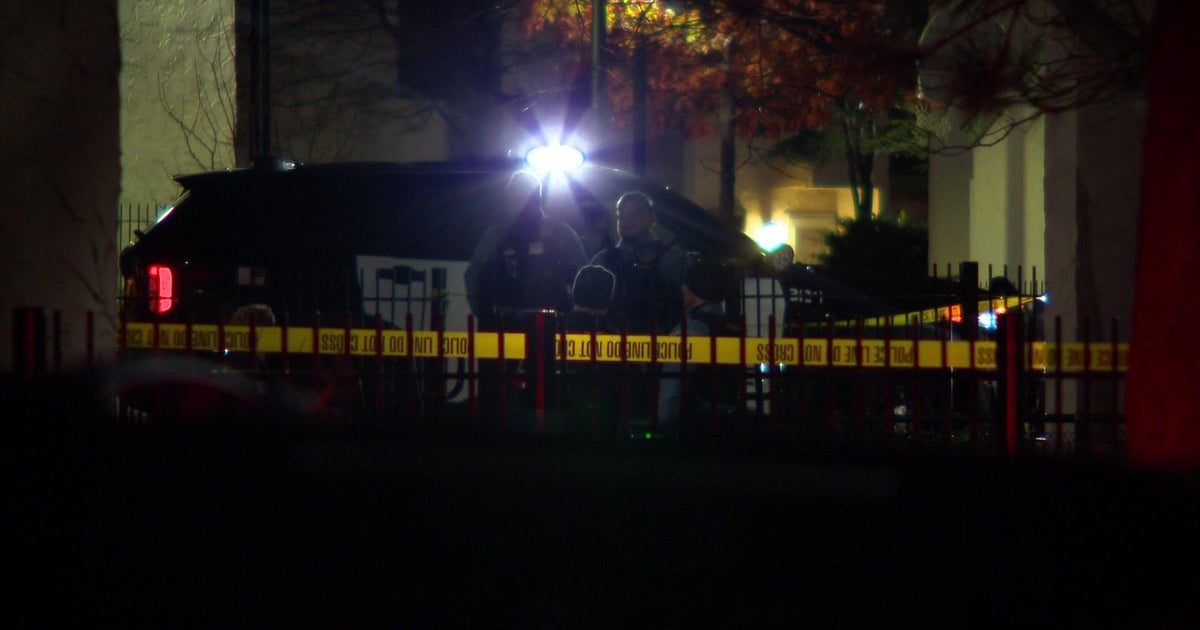Tips to stay "BearWise" as sightings increase in Minnesota
REDBY, Minn. – An unexpected jaywalker stopped Alexander Aman in his tracks Sunday.
After getting a whiff of the trash in the trunk of his car, a bear got up close and personal, peering into his window as he stopped on the road.
UPDATE: Why have there been so many recent bear sightings in the Twin Cities?
"The snout of the bear and my snout was probably about 8 inches away from each other, just separated by a little piece of glass," Aman said.
Aman has captured video before, but never like this.
"As soon as it stood up was when my adrenaline pumped and I kind of like had to decide what was going to be my next move," he said.
He drove off, with an experience he will never forget. Maple Grove neighbors also have a tale to tell after an encounter with a bear and three cubs over the weekend. The family strolled through Bennie Legaux's backyard, stealing a bird feeder along the way.
"I had heard they were out here but I had never seen any of them," Legaux said.
Researchers say female bears in Minnesota have a home range of about 8 square miles, so it's not unheard of for bears living in Elm Creek Park Reserve to venture into nearby neighborhoods looking for food.
Since the 1980s, Minnesota's bear population has been expanding farther south and west.
"The reasons for that are generally just two. One is there's available territories. And the other thing is social tolerance," said Andrew Tri, leader of the Minnesota Department of Natural Resource's Bear Project.
The DNR is helping launch a national campaign to encourage people to become BearWise. They are offering the following tips:
Never feed or approach bears
Secure food, garbage and recycling
Remove bird feeders when bears are active
Never leave pet food outdoors
Clean and store grills, smokers
Alert neighbors to bear activity
"We can coexist with these wild animals, but they are big wild animals. And like all wild animals, we need to give them the respect and the space so we can coexist," Tri said.
Bears are most active in Minnesota between Easter and Thanksgiving.
The DNR collects data on the state's bear population. Click here to report a sighting.





